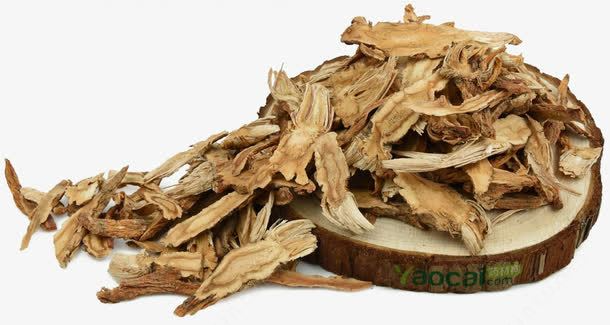The history of herbal skin care can be traced back thousands of years. According to…

Chinese Herbal Medicine
Chinese medicine is the medicine used according to the traditional Chinese medicine (TCM) theories, of which Chinese herbs account for the majority. Chinese herbal medicine is prescribed based on the properties of the herb, such as its natural trait, taste and which meridian it acts on or interacts with.
The natural trait of a Chinese herb is classified into four categories as cold, hot, warm and cool. It has nothing to do with its temperature as you may feel it with your hands or mouth, but simply refers to its pharmacological actions in the body. For example Guizhi (Ramulus Cinnamomi) is an important Chinese herb. Regardless of its temperature when you touch it, it is pharmacologically characterized as “warm”because people who take it will feel warm and thirsty with faster pulse. Therefore, a patient with cold syndrome could be relieved by Guizhi.
By their tastes, Chinese herbs can be separated into five flavors, namely sour, bitter, sweet, pungent and salty, and therefore act preferentially in the liver, heart, spleen, lung and kidney, respectively. For example, an herb tasting sour preferentially acts in the liver, and a patient with a liver functional deficiency can be benefited by eating more acidic foods or fruits, such as vinegar and lemon.
Also, every Chinese herb has its own preferred meridians. For example, Guizhi goes with the meridians associated with the lung, heart and bladder, that also indicates its use when a disease is involved in the corresponding meridians.
Chinese herbal medicine is not supplemental and must be used under the guidance of a licensed TCM doctor. Patients must be seen regularly and treated on an individualized basis. Chinese medicine aims to treat illnesses and chronic conditions precisely in each patient. For example, cold in the lungs can be alleviated by Guizhi due to its “warm” trait in nature, pungent in taste, and its association with the meridians of the lungs, heart and bladder. Yet Guizhi could worsen the situation if there is heat in the lungs.
In the early stage of COVID-19, there is often cold in the lungs and along the Meridian of bladder, therefore, Guizhi could be beneficial. As the disease progresses, however, heat may arise in the lungs, for which the use of Guizhi may no longer be appropriate and could even worsen the symptoms. Once again, as a reminder, Chinese herbal medicine should be taken under the guidance of a licensed professional. Misuse of Chinese herbs based on self-taught tips learned by reading a few articles may do more harm than good.



